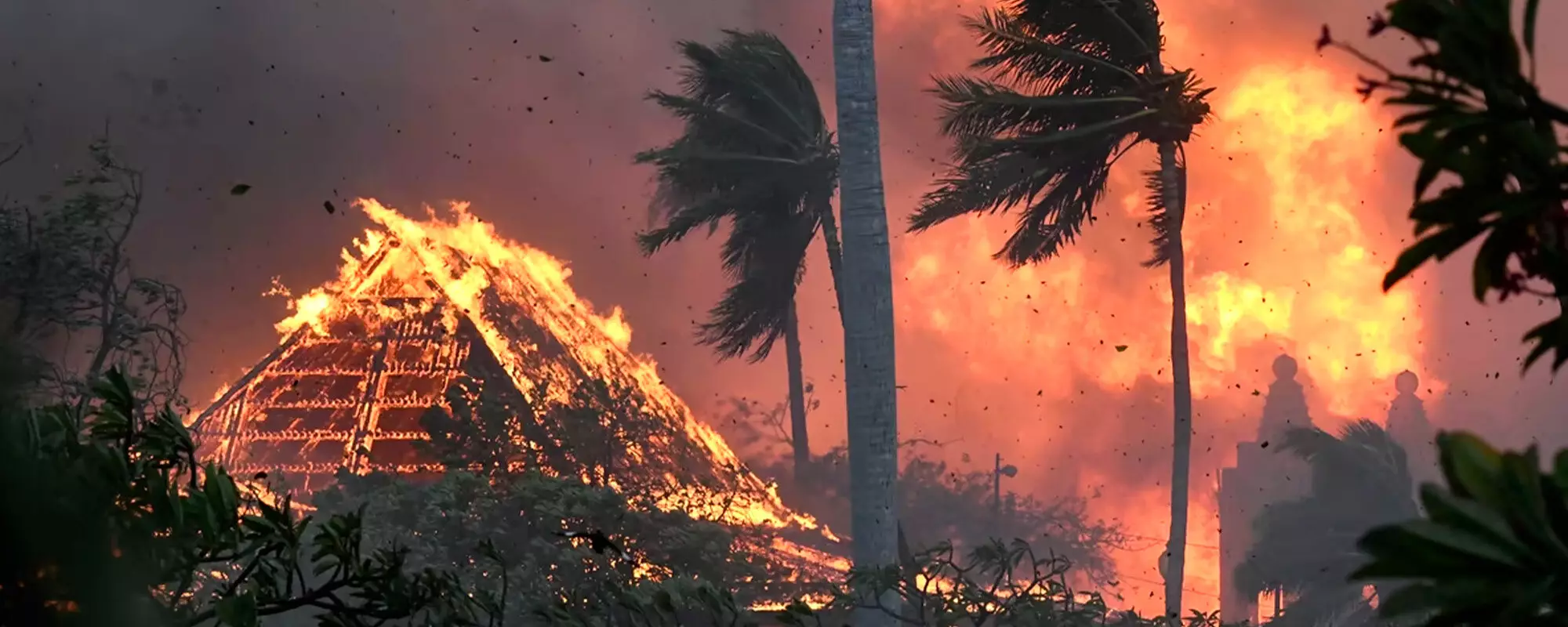The United States heavily relies on a vast network of power plants, high voltage lines, substations, and local distribution lines to produce and distribute electricity. However, much of this infrastructure is aging, with some components exceeding 30 years of service. This presents a significant challenge as extreme weather events, such as hurricanes, heat waves, wildfires, and winter storms, become more frequent and intense. Additionally, the number of extreme weather events in the U.S. costing $1 billion or more has rapidly increased over the past decade, reaching 135 between 2011 and 2020 compared to just 65 in the previous decade. As a result, the combination of aging infrastructure and extreme weather has led to devastating and protracted blackouts in various regions, including Texas, Puerto Rico, and California.
To mitigate the risks posed by blackouts and infrastructure failures, a team affiliated with the Emerging Energy Markets Analysis (EMA) initiative, based at Idaho National Laboratory (INL), has developed a unique framework for assessing the resilience of critical infrastructure. The Meta-Level Framework goes beyond evaluating the technological aspects of resilience and incorporates qualitative factors such as social costs and ecological impacts. This comprehensive approach allows experts to consider the broader implications of resilience beyond the immediate energy technology.
One of the key advantages of the Meta-Level Framework is its ability to analyze interdependencies within infrastructure systems. For instance, the framework enables experts to identify and evaluate cascading failures, such as a power outage that disrupts the operation of a water purification plant. By understanding these interdependencies, stakeholders can develop strategies to mitigate the potential consequences of interconnected failures. This holistic perspective adds a new dimension to the study of resilience and contributes to a more robust approach in enhancing the reliability of power infrastructure.
The Meta-Level Framework was developed under the INL-led EMA initiative, which brings together multiple academic institutions to support state and regional transitions to clean energy technologies, including nuclear energy. With the increasing frequency of extreme weather events and the availability of federal funding to enhance critical infrastructure resilience, the framework arrives at a timely juncture. The framework serves as a valuable tool for communities to navigate the complex choices they face in increasing resilience and transitioning to zero-carbon technologies.
EMA’s collaboration with various states, such as Wyoming and Alaska, allows for locally relevant analysis and recommendations. The framework helps policymakers and decision-makers address economic, industrial, community, and environmental influences that shape resilience-related choices. Recognizing that resilience decisions go beyond economics, the framework encourages thoughtful consideration of various factors to make informed choices.
The Meta-Level Framework is just one of the many initiatives at INL focused on advancing systems resilience and risk management. These efforts aim to enhance the ability of power infrastructure to withstand and recover from disruptions caused by extreme weather events or other unforeseen circumstances. By combining expertise, research, and practical application, INL and partner institutions strive to create a more robust and reliable power grid that can adapt to evolving challenges.
The assessment of power infrastructure resilience is of paramount importance in ensuring the stability and reliability of electricity distribution in the United States. The Meta-Level Framework developed by INL’s EMA initiative provides a holistic approach to evaluate and enhance resilience by considering not only the technology but also qualitative factors, interdependencies, and local influences. By adopting this comprehensive perspective, stakeholders can make informed decisions to better prepare for and mitigate the impacts of extreme weather events and other infrastructure failures.


Leave a Reply